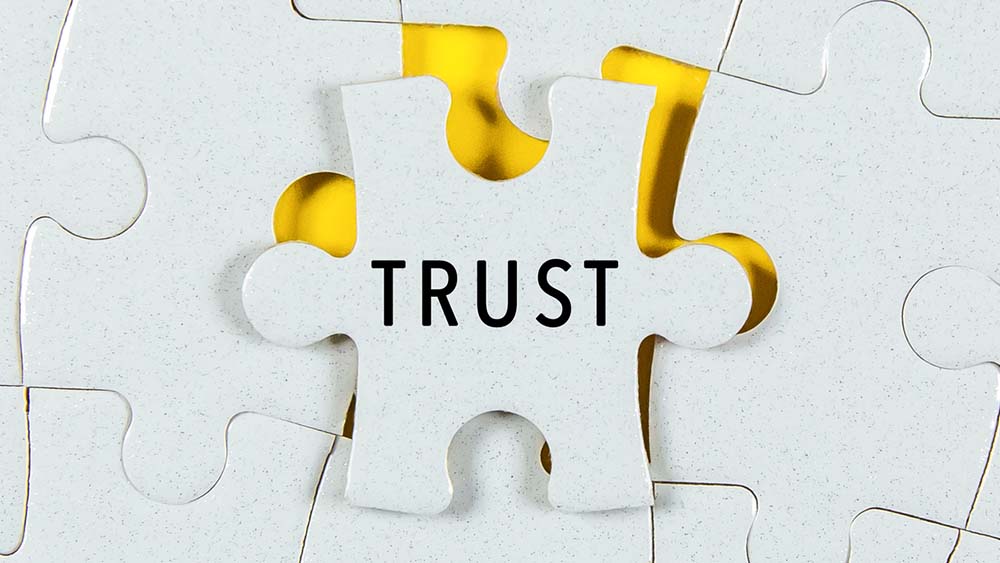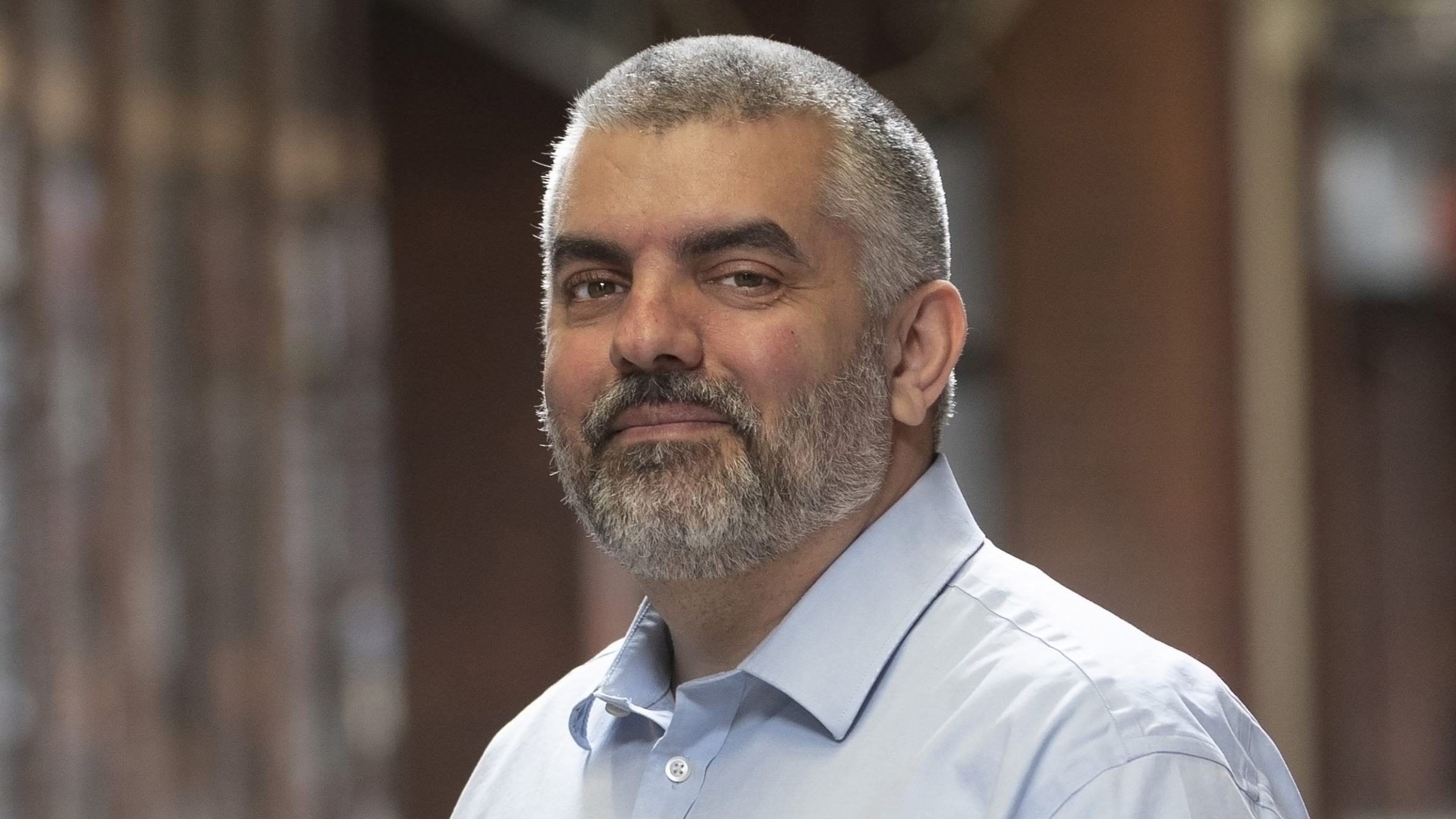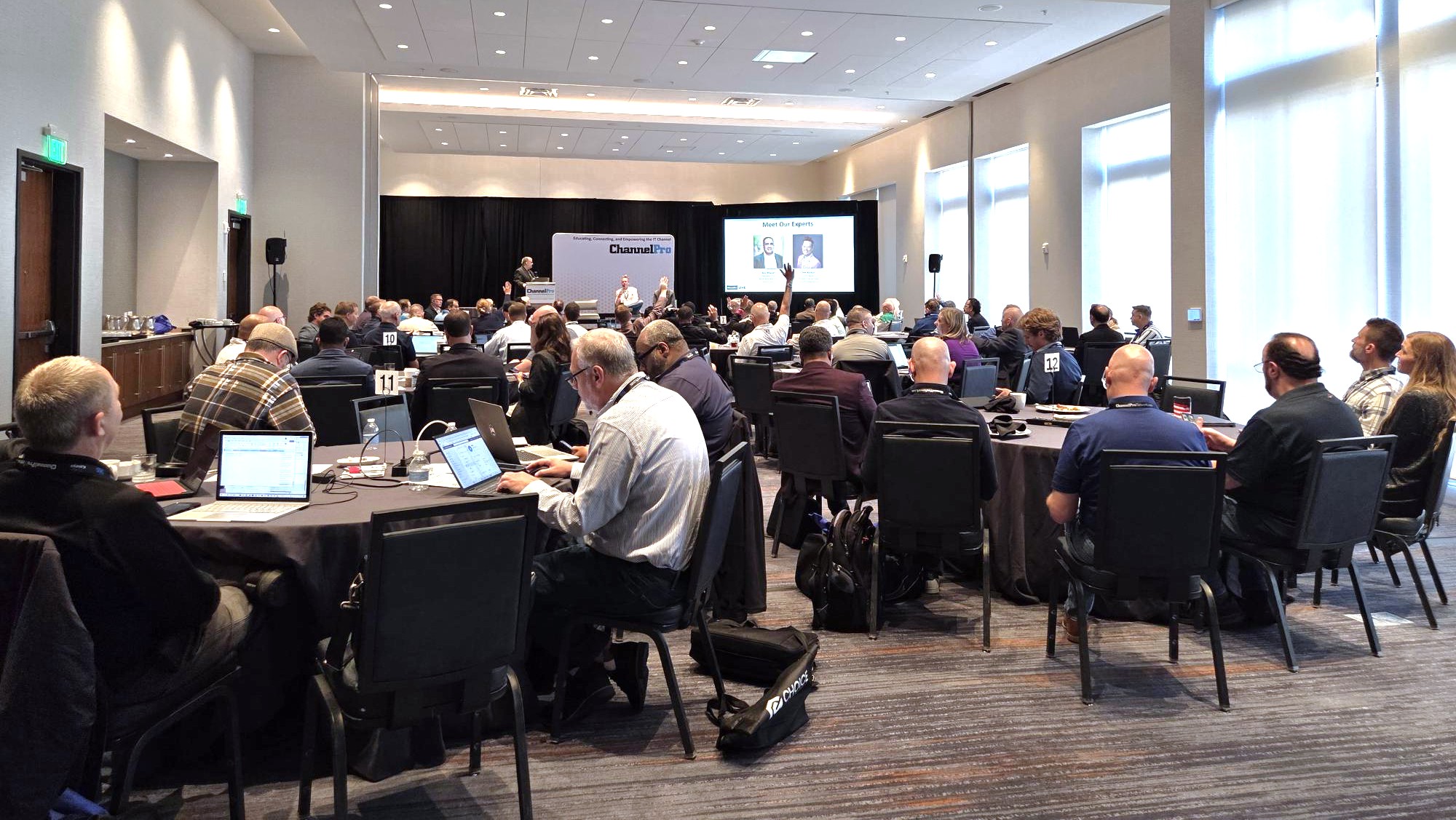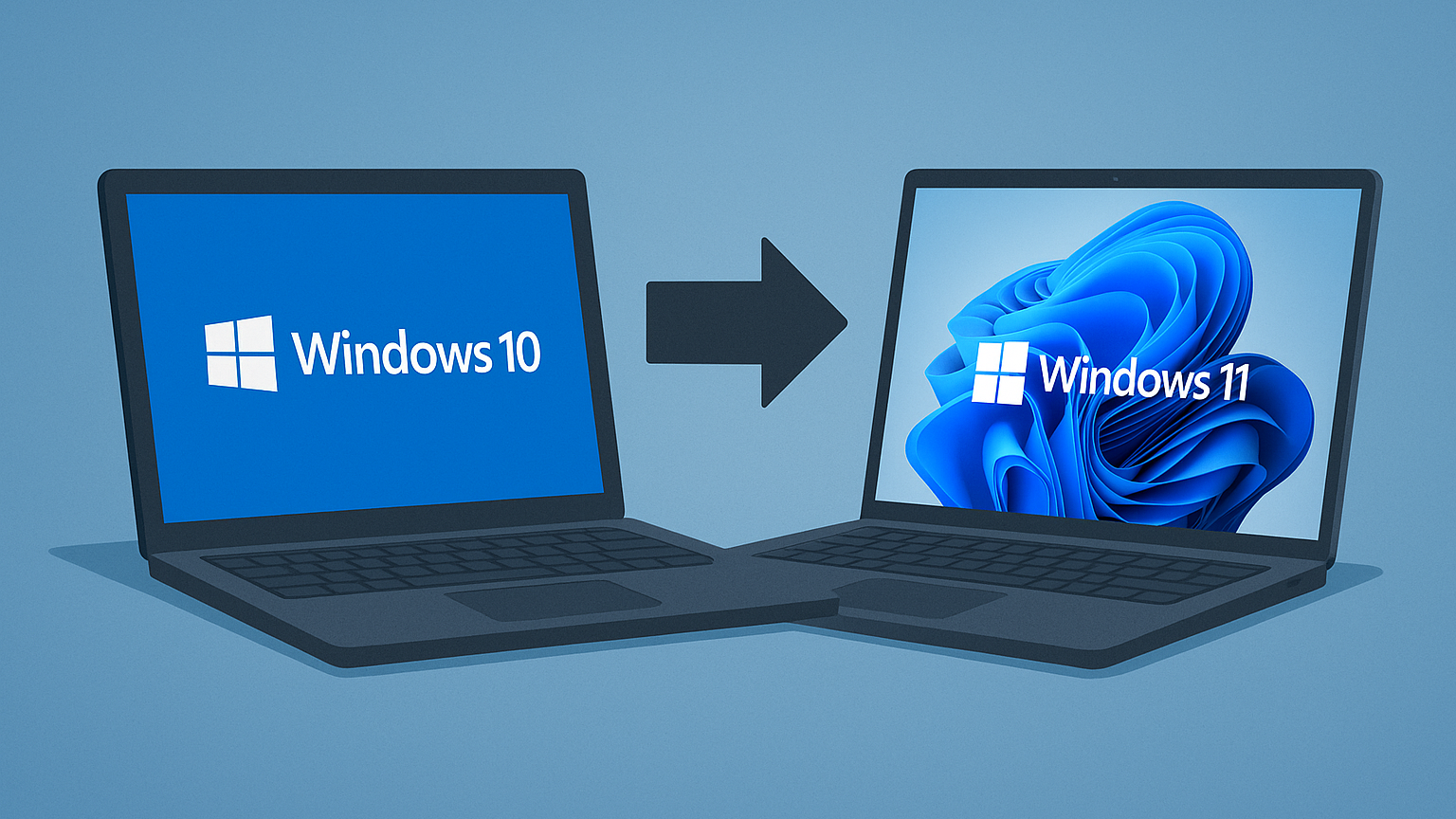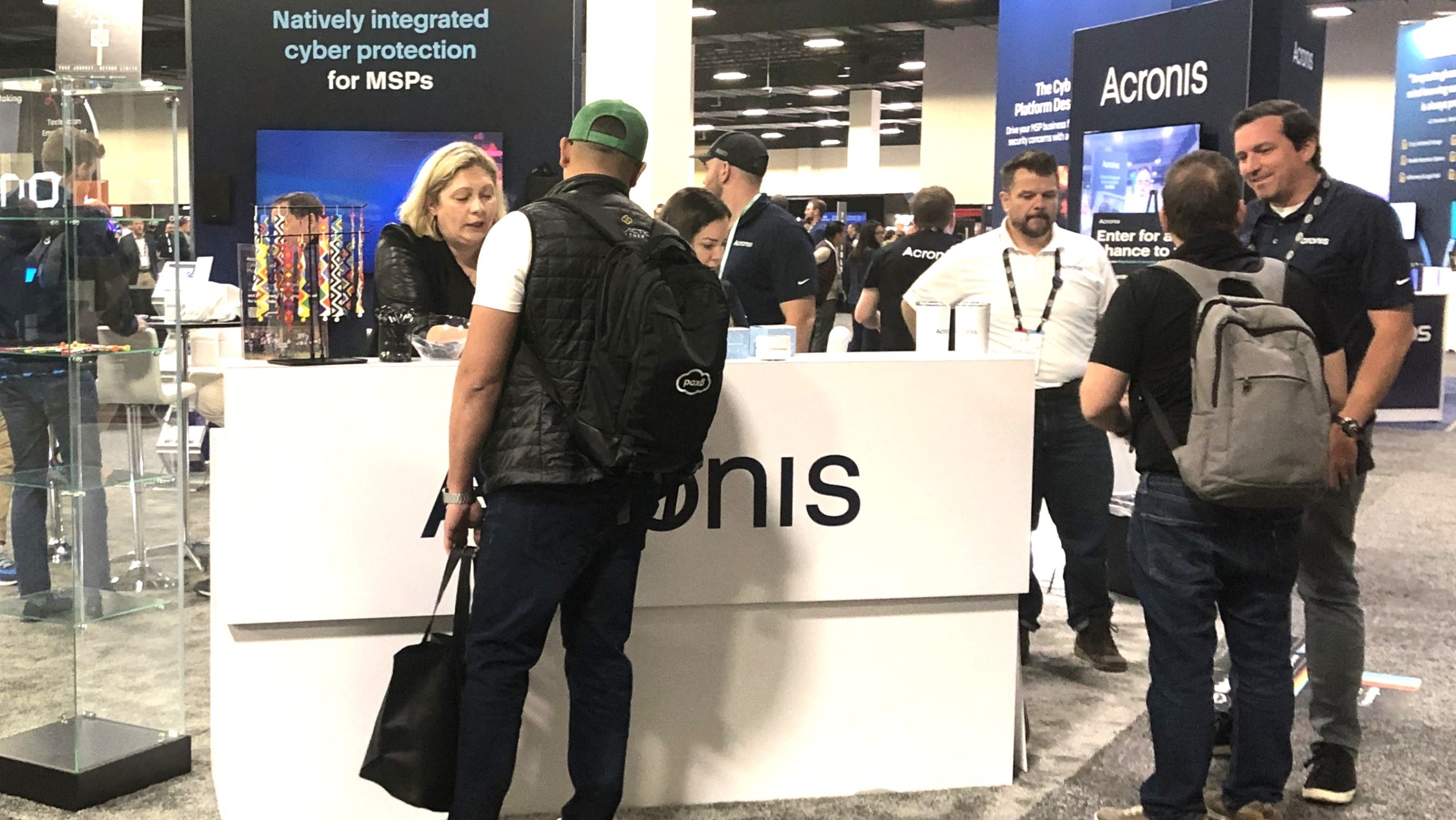Years ago, IT services provider and MSP expert Karl Palachuk met a member of his local IT user group who was just getting started.
The man had only one certification, but he printed some business cards and began making the rounds talking about technology. He soon found one interested person who listened, liked what she heard, trusted him, and ultimately hired him. That was the beginning of a strong, long-lasting relationship between MSP and customer.
While the man’s method wasn’t very polished, it had merits. He was sincere, proactive, and energetic, which made him trustworthy to potential clients, Palachuk recalled. He convinced clients that he could be a strategic partner — and the rest fell into place.

Karl Palachuk
Fostering and earning trust has great value in business. Trust can be viewed as a bank account, said Allen Edwards, founder of Eureka Process, which helps MSPs grow.
“Everything you do should be building trust. It can be as simple as promising to call Monday and then actually calling on Monday. Everything you do is a deposit.”
Building trust starts by doing work behind the scenes before even stepping through a potential client’s door. That means doing research to understand the MSP’s business, the verticals it targets, and the software it uses.
“When talking to a client, I like to reveal that I’m following a proven process that works,” Edwards explained. “This engenders trust because they see that your company has done this before and has a method that works. That’s huge.”
Another way to foster trust and position yourself as an expert is to give away a free service, like a network assessment, Palachuk said. With this approach, the MSP can ask potential customers a lot of questions about what they need. Along the way, you’re building a relationship.
–> More great resources ahead! Click to read best practices for prospect nurturing and how to negotiate a great deal.
Stay LUCID
Rayanne Buchianico, a longtime industry consultant and owner of Clearwater, FL-based ABC Solutions, created a method of fostering trust. She calls it LUCID, which stands for listen, understand, communicate, inform, and deliver.

Allen Edwards
“By using those five steps in that order, you’re going to open the door to communication and build a level of trust,” she said. “That’s when you really begin to develop partnerships.”
It’s also important to keep your face and expertise top of mind for potential clients. That means stopping by to drop off an article about industry regulations or adding a client to your monthly newsletter roster.
In fact, Palachuk said every MSP should have a monthly newsletter that offers helpful information. For example, you could share three tips for staying safe with AI or tout your own accomplishments.
“If you pass an exam, put the logo in your newsletter and mention how this shows that you’re constantly working to improve yourself,” he said. “It makes it very clear that you’re engaged in the industry.”

Rayanne Buchianico
Be sure to also continuously try to get better. That means being brave enough to vet your presentations and calls with a trusted partner of your own.
“Check yourself to find out whether the client understood what you were saying, and note negative responses so you can improve,” Edwards advised.
Most importantly, find a way to be your true authentic self.
“People need to accept that you are your own unique selling proposition,” Palachuk said. “There is no other human on earth like you. Be you, do business the way you want to do it and find people who want to do business your way.
“Once you mesh those together, it’s a bit like dating. You can be successful. But if you show up acting, pretending to be somebody else, then you’re going to be in trouble down the road.”
How to Stay LUCID by Rayanne Buchianico
- Listen to the Client: Let them know you hear them. Cite specific examples of tackling their problems in the past, match their energy, and speak their language.
- Understand their Problems and Needs: Be prepared and bring innovative ideas.
- Communicate Your Approach: Offer multiple solutions and options.
- Inform and Solicit Feedback: Ask specific questions about the client’s industry and their tools. And lead by example by sharing stories that emphasize your points.
- Deliver: Be flexible but hold steady on non-negotiables like security and regulatory.
Images: iStock




